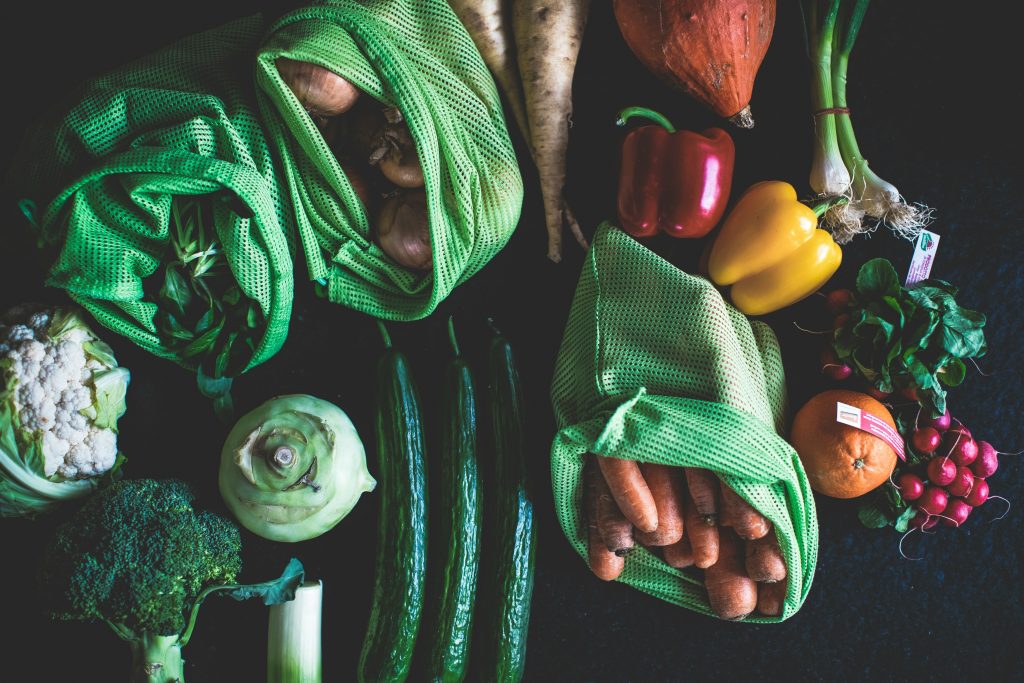
Britain’s departure from the European union (EU) in January has had a prompt and evident impact on the food and drinks industry. Office of National Statistics (ONS) figures show that overall UK-EU exports fell by 40.7%, £5.6bn, in January compared to December, with exports of food and live animals down by 63.6%. Food and drink imports from the EU have fallen nearly 25%.
Exports most affected include cheese, falling from £45m to £7m in January, and chocolate, falling from £41m to £13m, according to Food and Drink Federation (FDF) statistics. Salmon exports have fallen by 98%, beef by 92% and pork by 87%.
Fresh challenges
Now outside the EU single market, UK businesses have been hit by stricter certification requirements, customs hold-ups and supply shortages, leading to up to 35% increases in import and export prices and supply chain delays of six to 12 weeks, according to the Foodservice Equipment Association (FEA).
“Suppliers are struggling to deliver items to the UK on a consistent basis,” says Daniel Alvarado, global food and beverage director of restaurant and sushi bar Dinings SW3. “The range of products coming from overseas has suffered.”
Foodservice consultant and managing partner of Merritt- Harrison Catering Consultancy Matthew Merritt-Harrison FCSI observes that “the cost of exports has gone up because of additional paperwork and processes” imposed by new rules. For example, export health certificates (EHCs) are required for moving food and drinks containing animal products from Britain to the EU or Northern Ireland. EU rules completely prohibit the export of products including chilled minced red meat, chilled meat preparations and ungraded eggs. The Scottish Seafood Association has reported delays between Scotland and France, with consignments taking six times longer to sign off, and freight and duty costs of over 20% mean it’s costing five times more to ship to the continent.
Delays have an indirect impact on users of foodservice equipment. While equipment itself generally only needs replacing once every seven years, Merritt-Harrison explains: “A bigger issue with equipment is the availability of spares. They’re produced abroad and getting them does create a vulnerability.” Delays in sourcing spare equipment threaten revenue and customer satisfaction. The equipment supply chain has also been affected by shortages of raw materials, especially laminates, steel and castings.
November and December 2020 saw increased imports and exports, implying that EU and UK companies were stockpiling supplies from overseas before the deadline, particularly machinery, transport and chemical supplies. It is likely that this had a knock-on effect, leading to lower demand in January and the following months. Small businesses have faced particular challenges. Groupage distribution systems are being inhibited by new export rules. Merritt-Harrison warns that “smaller less sustainable businesses” risk losing out during this period of adjustment in the catering industry.
Adapt and thrive
At the same time, small businesses have an advantage when it comes to adapting to external conditions. “Smaller companies tend to be much more flexible and find it easier to respond,” says Merritt-Harrison, especially in terms of adjusting costs, locations or workforces.
For Dinings SW3, adaptation was crucial to managing the impact of Brexit. “We adapted our menu to reflect local produce,” says Alvarado. “Since we knew that Brexit was on our doorstep, we started to work with Cornish local fishermen.
“Fresh items coming over from Europe, such as vegetables and fruits, are becoming a problem. The price of produce is increasing dramatically. We are trying to buy British produce as much as we can and have developed some other products ourselves in order to have the quality and produce we want.” In terms of staffing, “we have seen a shortage of staff as highly skilled European people are no longer coming to London,” Alvarado says. “We need to respond by finding people who want to learn new skills and appeal to colleagues, undergraduates and older people.”
Impact of Covid-19
The impact of Brexit can’t be described without addressing the interference of the Covid-19 pandemic, an event that could not have been predicted at the time of the vote and has come to overshadow it in importance.
The pandemic’s repressive effect on hospitality has reduced demand for food products and services, distorting the impact of Brexit’s major changes. “The impact of Brexit hasn’t yet been as significant as we thought it would initially be,” Matthew Merritt-Harrison suggests. “[Covid-19 has] delayed it and it may actually smooth it out slightly, but it won’t mitigate it completely.”
Delayed reaction
Our perspective on Brexit’s impact should therefore be long term. According to the report Rebuilding of hospitality 2021 to 2025, the foodservice sector will lose £30bn of revenue in 2021, due to the combined impact of Covid-19 and Brexit. Steve Hobbs, chair of the FEA, states that “it is vital that the government acts to support the work these companies do and ensure that the movement of goods is as seamless as possible to avoid damaging economic recovery”. The UK government has recently pushed back the implementation of Brexit import border control processes in order to allow businesses to focus on Covid-19 recovery. “We’ll get back to pre- Covid levels in Q3 2022,” predicts Merritt-Harrison, “and at that point the full impact of Brexit will be felt.”
As the first stages of the UK government’s road map out of lockdown are implemented, the foodservice sector has already seen an uptick. “There’s huge demand as restaurants and pubs start opening,” observes Merritt-Harrison. This will pose its own challenges. Suppliers, especially equipment suppliers, won’t immediately be able to respond to increased demand, so businesses should be prepared for delays. Furthermore, with EU countries lagging behind the UK in terms of recovery, export demand may remain repressed for longer.
There is reason for optimism. February numbers for food and live animal exports were already up from January, according to Mark Lynch, partner at corporate finance house, Oghma Partners. This suggests that the food industry is on its way to learning to cope with the post-Brexit market.
“We believe restaurants will become more resourceful to find their ingredients and work more closely with farmers and suppliers,” predicts Alvarado.
Merritt-Harrison encourages businesses to take the changes related to both Brexit and Covid-19 in their stride. “Change happens all the time, but we would hope that those changes will be able to be managed,” he says, pointing out that we will first learn to live with Covid-19 and then learn to live with Brexit.
Juliet Martin




